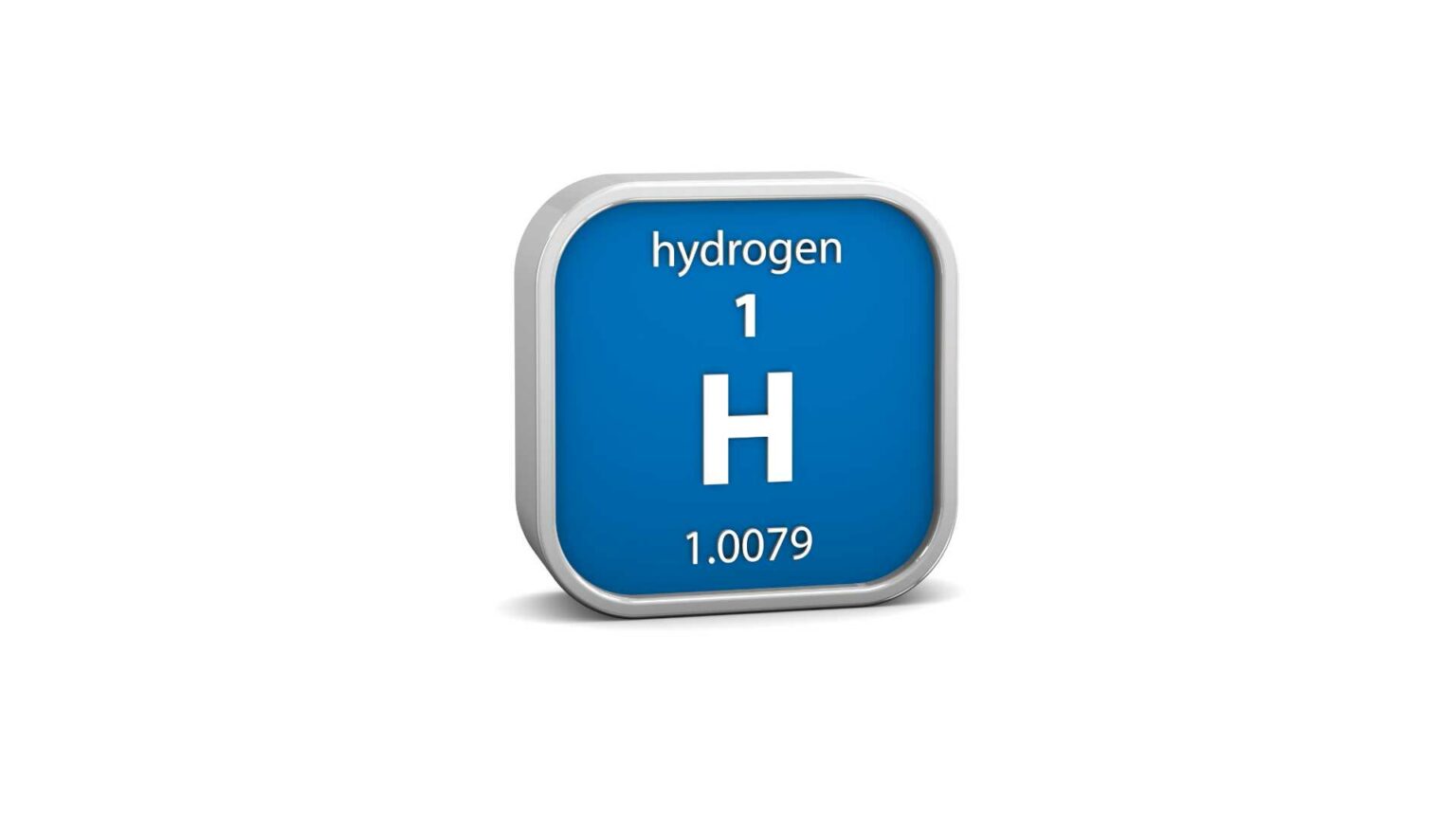First Graphene has unveiled the results of an independent study showcasing the efficacy of graphene-based electrocatalysts in the production of green hydrogen.
The study, conducted by the Centre for Process Innovation UK (CPI), underscores the transformative impact of electrodes made from First Graphene’s metal-oxide doped graphene, significantly reducing the power requirements for green hydrogen production.
The CPI analysis revealed that First Graphene’s metal-oxide doped graphene materials can reduce overpotential, a key metric measuring the energy efficiency of the electrolyser, by an impressive 43%. This reduction in overpotential signifies a substantial enhancement in the energy efficiency of the electrolysis process, marking a crucial stride in advancing green hydrogen production.
Moreover, the study identified process improvements that could elevate throughput by an impressive 64%, slash raw material costs by 50%, and expand the range of metal oxide options in the product. These advancements contribute to establishing a commercially viable and cost-effective solution for the burgeoning green hydrogen industry.
The electrocatalysts utilized in the study represent a progression from First Graphene’s earlier development of metal-oxide supercapacitor materials. The electrodes, incorporating metal-oxide graphene materials, underwent rigorous testing in a hydrogen generation cell. The evaluation included assessments of overpotential and stability through linear sweep voltammetry and constant current measurements, respectively.
Notably, the electrodes, based on First Graphene’s PureGRAPH®, demonstrated superior performance with significantly lower overpotential values compared to commercial ruthenium oxide under similar conditions. For instance, graphene-manganese-oxide exhibited an overpotential of 0.175V, while graphene-ruthenium-manganese-oxide displayed 0.170V at 10mA/cm2, outperforming commercial ruthenium oxide with a value of 0.305V.
The promising results have paved the way for patent applications, further fortifying First Graphene’s core patent portfolio exclusively licensed from the University of Manchester. This strategic move safeguards the company’s innovative contributions to the field.
Funded by the Net-Zero Tees Valley program, the project not only propels First Graphene’s advancements in green hydrogen catalysts but also facilitates the development of manufacturing expertise for electrode materials production.
Michael Bell, Managing Director and CEO of First Graphene, expressed excitement about the development, positioning the company as a key player in providing high-performing, cost-effective, graphene-enhanced solutions amid the anticipated growth in hydrogen production catalysts.





